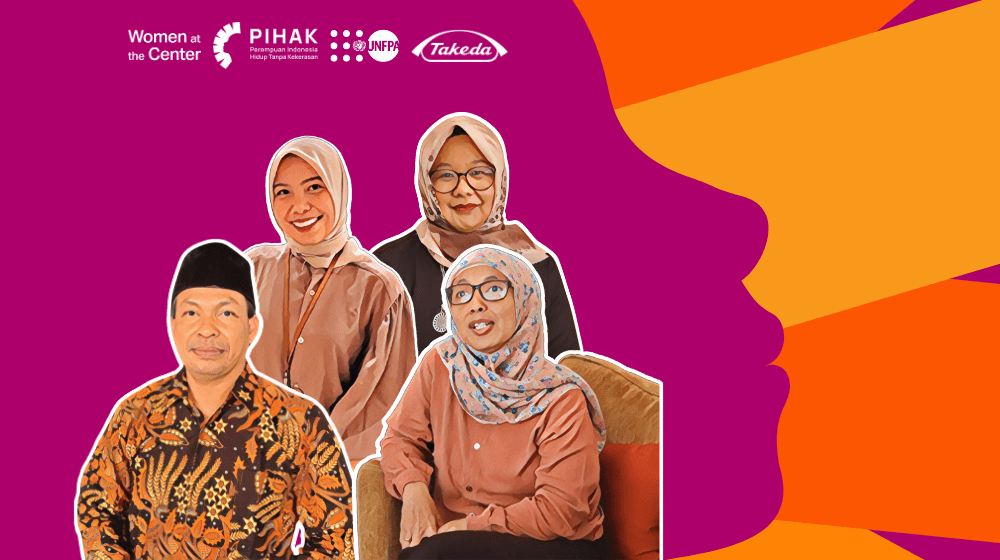It takes passion and dedication to do social work. For Lutri Huriyani (47), this line of work is a calling.
Currently working as a gender equality, disability, and social inclusion consultant for the Siap Siaga program at Palladium, Lutri is active at the Indonesian Social Worker Professional Association (IPSPI) Methodology Expert Council in Jakarta. “Pursuing social work education was my heart’s calling because I would like to help people,” Lutri says. “Helping them, and seeing positive changes in the people I have helped makes me happy,” she affirms.
The joy of social work
Listyowati (47) shares a similar passion. “I have a formal academic background in social work as I have an interest in social issues. I had spent quite a while volunteering at an orphanage and working with grassroots communities… It’s my passion,” she explains. She has now worked at a feminist non-governmental organization, Kalyanamitra, for 22 years. Currently serving as the Chairperson, she started out as a caseworker for gender-based violence cases and an advocacy officer.
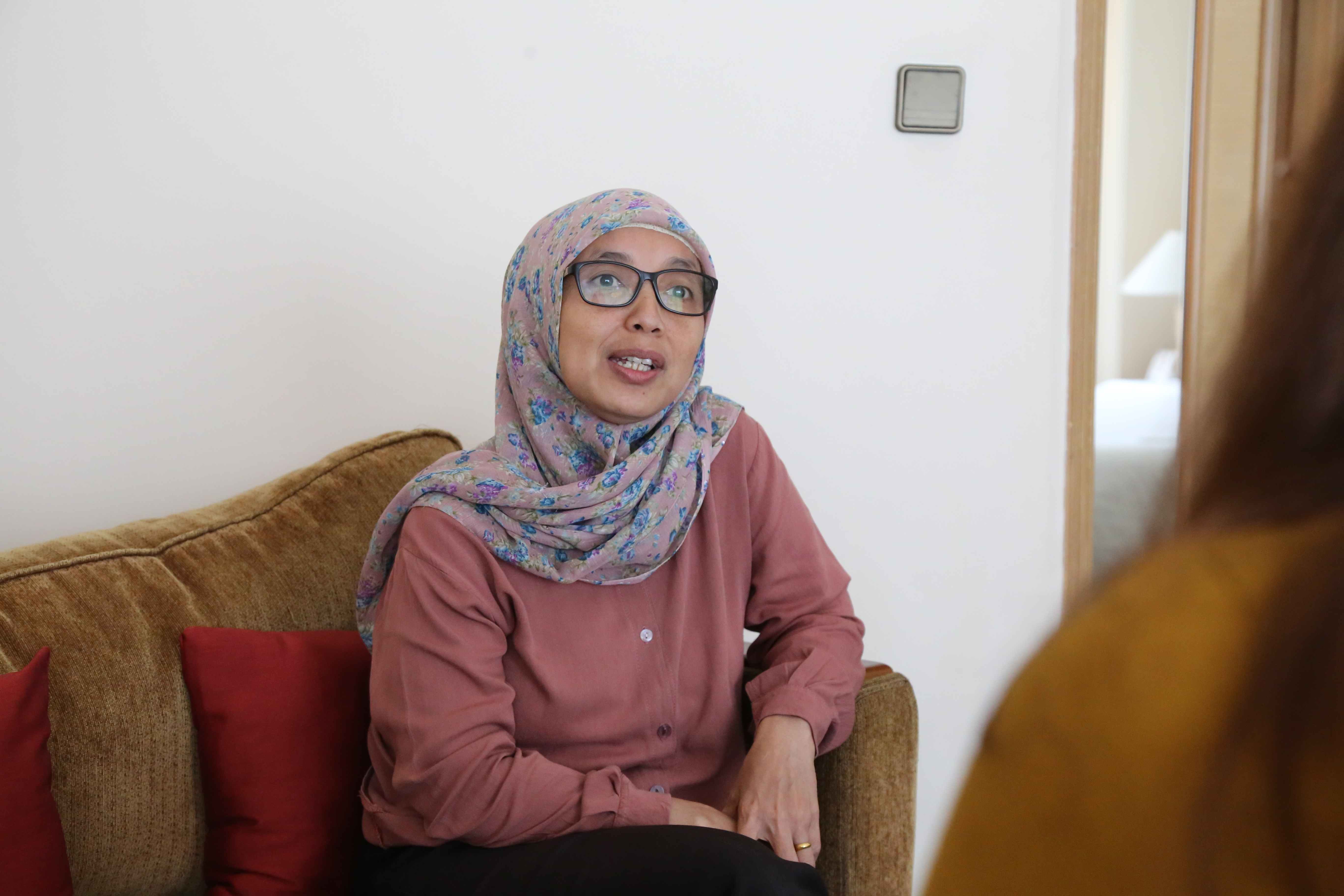
Not all social workers have always known that it’s what they want to do with their lives, however. For some, social work was not their first option, but they could not help but fall in love with this profession.
For Bayu Ristianto (48), social work is a passion he found by accident. He originally wanted to study pharmaceutical science at university, but since he did not get into the program he wanted, he ended up studying social work.
“Gradually I became aware that it’s part of my life path. Social work is my passion,” the Chairperson of Member Advancement and Professional Development of IPSPI Jakarta and Bengkulu recalls.
Sintia Yunita Sari (27), a social worker at the Ministry of Women’s Empowerment and Child Protection, fell in love with social work after she randomly enrolled in the social work school. Like Lutri, she finds happiness in seeing the impact of her work on the people she assists. “The principle is to help people help themselves. So there’s a sense of satisfaction when the people we help become empowered and function again in the society… This is what convinces me to stay in this social work career,” Sintia says.
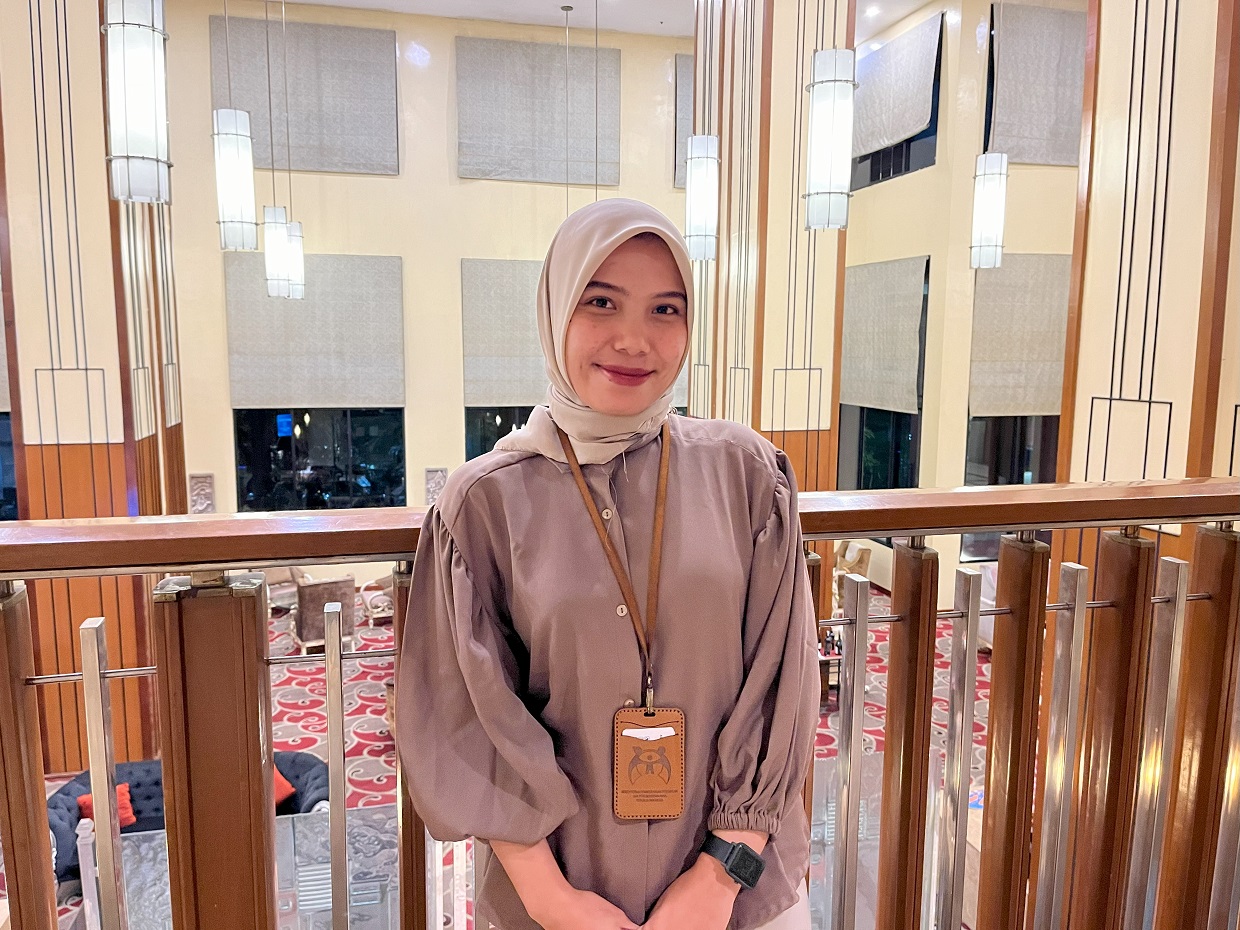
The challenges of social work
Lutri, Listyowati, Bayu, and Sintia all agree that lack of public awareness of social work and the profession makes their work extra challenging.
“In Indonesia, there’s a misunderstanding of what a social worker is… It’s like anyone can be a social worker, when in fact professional social workers have their own guidelines and principles,” Listyowati says. “Social workers are often seen only as volunteers who don’t have the capacity or knowledge of managing cases to help their recovery and deal with traumatic difficulties,” Lutri says.
This lack of recognition can also affect their self-esteem, and this reflects in their performance and compensation at work. “The thing is there is no recognition of social work as a profession. The impact is felt in our compensation, our salary. So, there are not that many people who are interested in becoming a professional social worker because the assumption is that it does not pay well,” Listyowati explains.
“People only respect you when you have a clear professional status, like a police officer, a psychologist, or a doctor… So the challenge is that when the survivor we work with is not aware of our profession, they find difficulty in expressing what they feel and what they need to solve their case,” Lutri elaborates. “So it comes down to the capacity of the social worker, how they can explore the case well and encourage the survivor to share their experiences and articulate their needs. Social workers must be creative and innovative.”
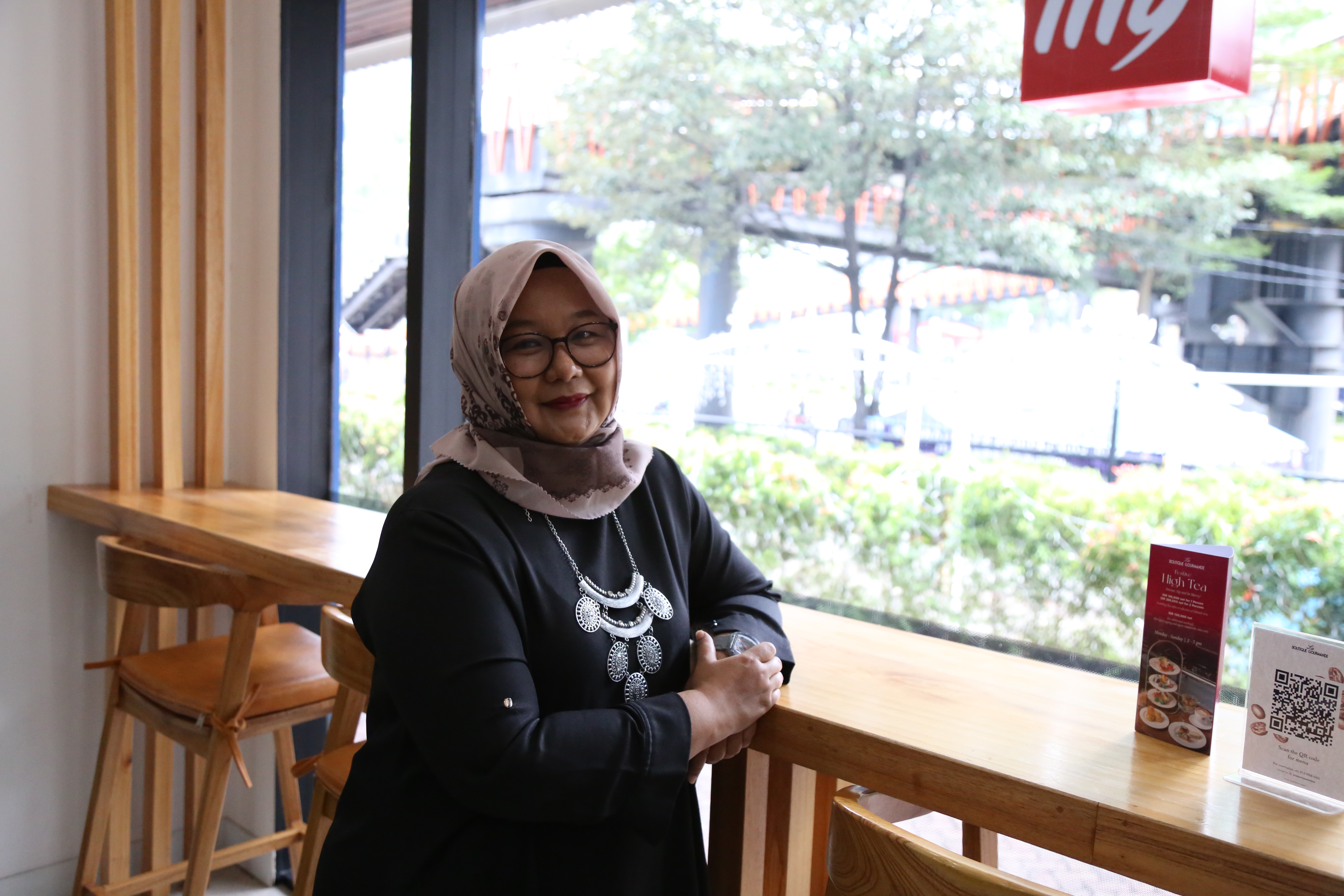
Social work is demanding, but their commitment to humanity keeps them motivated. “I think the awareness that human beings have rights, including the right to better their lives, has helped me survive in this job,” Bayu says with conviction.
Role of social workers in responding to gender-based violence
“Social workers must have a strong mentality and desire to make a change,” Lutri says.
And it is this mentality and desire that make social workers capable of managing gender-based violence (GBV) cases. Bayu, who has been a social worker since 1999, said, “We’re accustomed to empathizing with each other and mutually respecting our differences. So when facing discrimination or injustice, something in me trembles, like there’s something that we must do.”
And most importantly, social workers have the experience and capacity to provide skilled and empathetic services to GBV survivors.
“While many social workers are not familiar with the term gender-based violence, in practice they are experienced in relevant cases, in providing services for survivors of violence in the setting of addiction, disabilities, or poverty,” Bayu, who is experienced in handling GBV cases and working with LGBTQ groups and mental health patients, says. “I’m optimistic that social workers have the capacity to do it… This is a moral responsibility for us,” Bayu affirms.
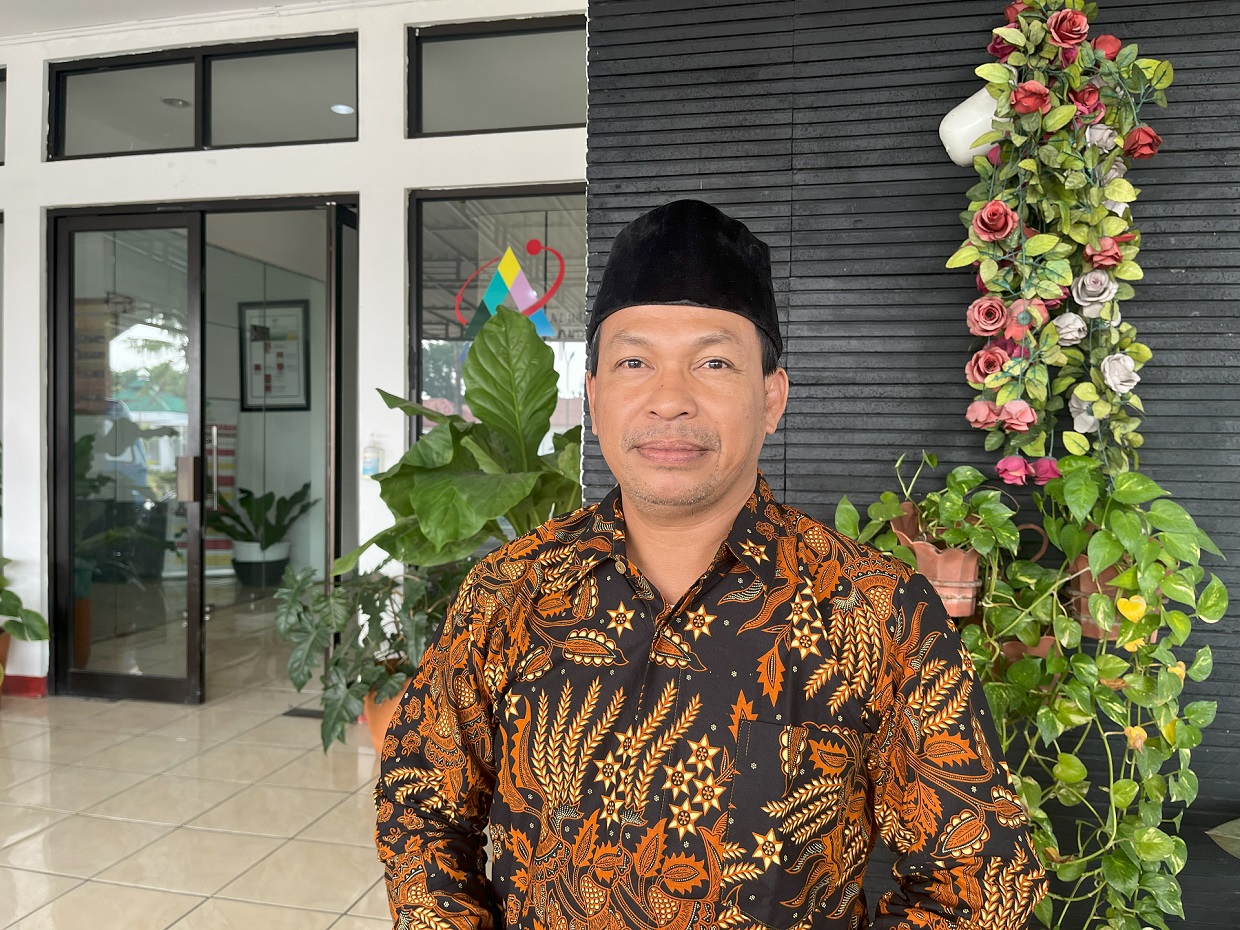
As a social worker who has worked at the office of the Assistant Deputy of Services for Women Victims of Violence of the Ministry of Women’s Empowerment and Child Protection for the past two and a half years, Sintia believes that social workers would make excellent GBV case managers. "As first responders, social workers can have a comprehensive understanding of the survivors--what their needs, their hopes, and the issues they face are… Only social workers can see that,” she says. “On the other hand, social workers cannot work on their own, so we need to collaborate and coordinate with other professionals,” she adds.
Listyowati, who is an experienced case manager, elaborates how basic principles of social work fits GBV case management well. “Social workers side with and empathize with survivors. We look at the perspective of the survivors when managing the case and conducting the counseling,” Listyowati says. “The second principle is equality. Social workers professionally position themselves in an open and friendly way to the survivors. We are not advisors, not someone who knows better than the survivors. In principle we are equal with the survivor and we become like their friend with whom they share their problems,” she elaborates. “And there’s the principle of respect, respecting the decisions of the survivors. Our duty is to unravel the entangled threads in their minds and help to analyze, observe, clarify, and identify where the issue actually lies. And then they decide what they must do. It’s their decision, not ours.”
However, to promote social workers’ role in responding to GBV, capacity building is still required.
“Working with gender-based violence requires a strong gender perspective. If social workers have no sensitivity, it can damage the work… there could be resistance from the survivors and judgment from the social workers, which would be harmful,” Listyowati says.
“Our gender literacy as social workers is still lacking, and working with women requires specific capabilities,” Sintia says. “We as social workers that handle GBV must understand the concept because we deal with vulnerable individuals. Sometimes the perpetrators are the closest people to the survivors, who are supposed to protect, love, and respect them. That’s why their soul is shaken,” she adds.
“We need to strengthen social workers’ capacity and collaboration with other sectors and the government,” Lutri, who is experienced in managing cases of sexual violence against children in Bandung, West Java, says. “For sexual violence cases, the trauma can be severe so it takes a long time for recovery, especially in cases where the survivors have experienced sexual violence since childhood,” she explains.
The Women at the Center Program
Through the Women at the Center (WAC) program, also known as the “Perempuan Indonesia Hidup Tanpa Kekerasan/Indonesian Women Live Free from Violence (PIHAK)” in Indonesian, UNFPA partners with Takeda Pharmaceuticals to invest in capacity building and professionalize the social service workforce for GBV responders to provide immediate skilled support for all women and girls, including those most marginalized.
A four-year program that extends from January 2023 to December 2026 in five countries (Azerbaijan, El Salvador, Indonesia, Madagascar, and Zimbabwe), WAC also focuses on increasing the quality and coverage of case management along with community outreach to gain community trust and generate more use of services and mitigate the risk of ongoing violence; strengthening case management systems through intensive training, mentoring, and monitoring in partnership with educational institutions, the national government, and civil society. WAC will provide support and response to adolescent survivors and women and girls with disabilities, who are among some of the most marginalized, which is central to strengthening social workers' capacity in responding to GBV.
The WAC/PIHAK program in Indonesia will be implemented nationally and locally in four districts: Serang District in Banten Province, Garut District in West Java Province, Brebes District in Central Java Province, and Lombok Timur District in West Nusa Tenggara Province.
When this article is being written, the program is in the stage of producing a training curriculum and modules on GBV for social workers. The trained social workers will support quality case management operating in intervention areas. “With UNFPA, we are developing a module and curriculum for the social work study programme to strengthen the capacity of social workers. This is something incredible, which will incite the enthusiasm of future social workers to be involved in GBV case management,” Lutri says.
Rahmi Dian Agustino
Communications Analyst,UNFPA Indonesia
Interviews by Cresti Eka Fitriani, Norcahyo Budi Waskito, Itsnain G. Bagus, and Lucky Putra

